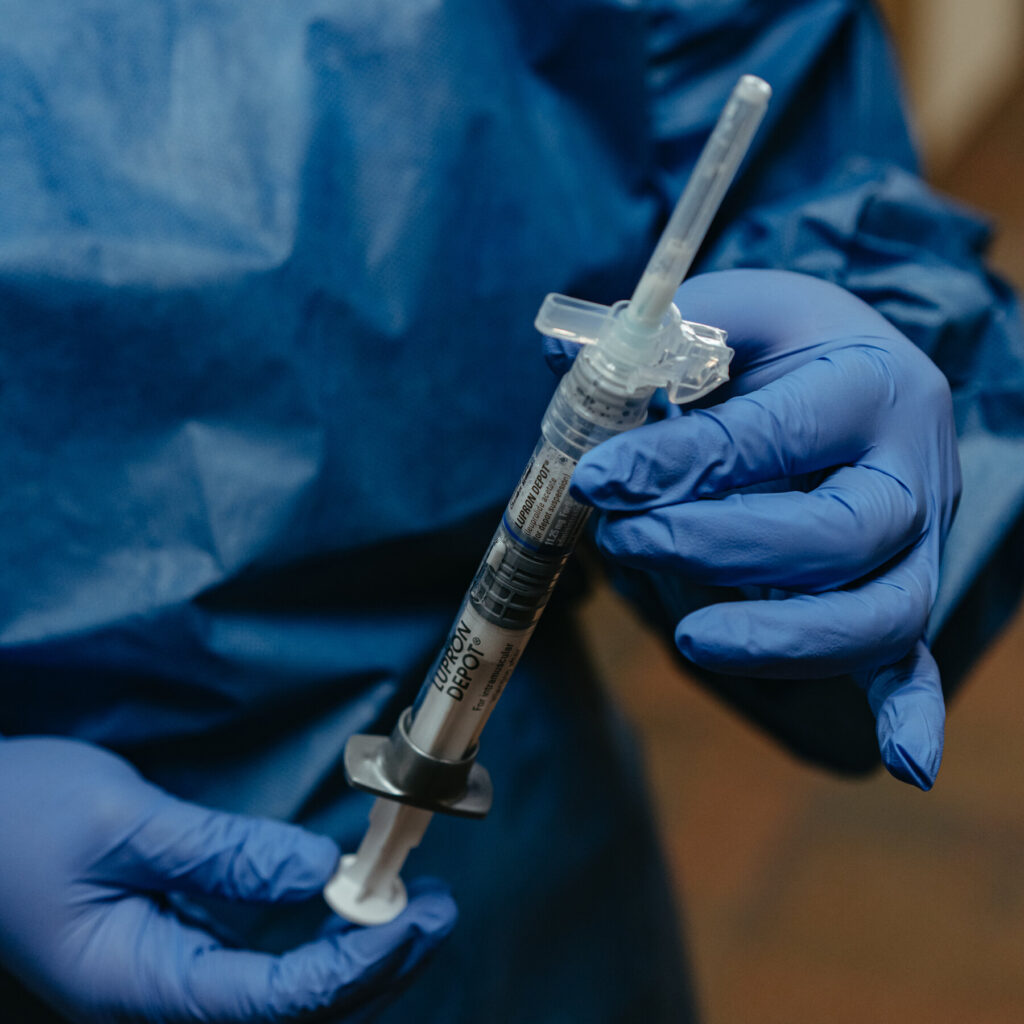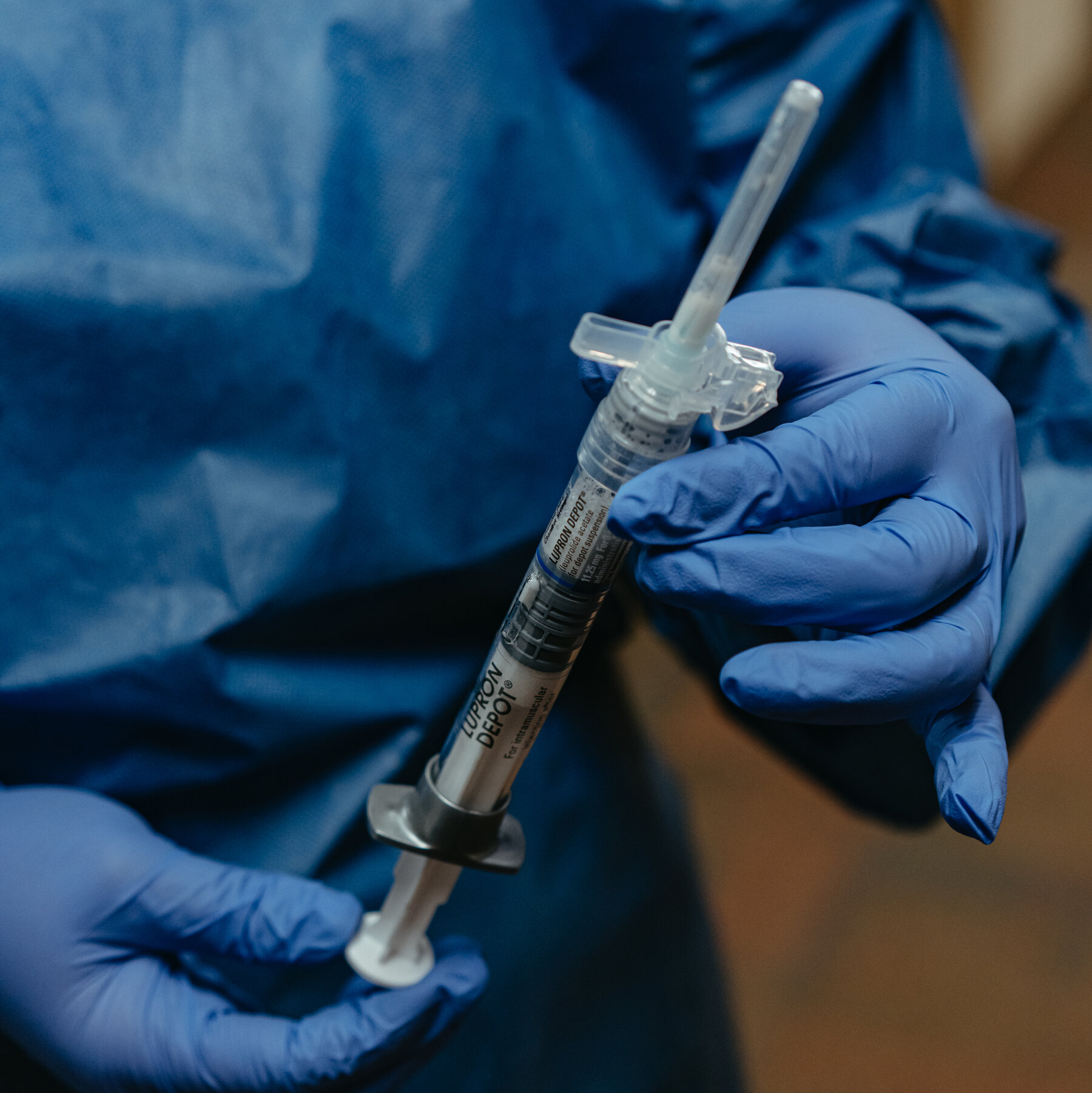What Has Medical Research Found on Gender Treatments for Trans Youth?
What Has Medical Research Found on Gender Treatments for Trans Youth?

The Supreme Court cited the uncertainty in the scientific evidence.
Read the full article on NY Times Politics
Truth Analysis
Analysis Summary:
The article's accuracy is mixed. The snippet mentions the Supreme Court citing uncertainty in scientific evidence regarding gender treatments for trans youth. While some sources support the idea that gender-affirming care improves mental health, the snippet's implication of widespread uncertainty is potentially misleading. There is a moderate bias towards downplaying the positive effects of gender-affirming care.
Detailed Analysis:
- Claim:** The Supreme Court cited the uncertainty in the scientific evidence.
- Verification Source #1, #2, #4, and #5: These sources generally suggest positive mental health outcomes associated with gender-affirming care.
- Verification Source #3: This source focuses on the rarity of gender-affirming surgeries in youth, not the overall scientific evidence.
- Analysis: The claim is partially accurate in that there is ongoing debate and research. However, the snippet's framing suggests a stronger level of uncertainty than is reflected in the provided sources, which largely point to positive outcomes, particularly regarding mental health. The snippet omits the evidence supporting gender-affirming care.
Supporting Evidence/Contradictions:
- Evidence Supporting Positive Outcomes:**
- Verification Source #1: "Transgender adults who started gender-affirming hormone therapy as teens had better mental health than those who waited until adulthood..."
- Verification Source #2: "This study found that access to gender-affirming care was associated with mitigation of mental health disparities among TNB youths over 1 year."
- Verification Source #4: "In contrast, numerous research studies have found that gender-affirming care leads to improved mental health among TGNB youth."
- Verification Source #5: "This study found that gender-affirming medical interventions were associated with lower odds of depression and suicidality over 12 months."
- Lack of Coverage:**
- Verification Source #3 focuses on surgical procedures, not the broader scientific evidence base.
- Contradictions:**
- While none of the sources directly contradict the statement that the Supreme Court cited uncertainty, the overall tone and findings of Verification Sources #1, #2, #4, and #5 present a more positive view of the evidence than the snippet suggests. This creates an implicit contradiction through omission of supporting evidence.

